Thailand's Controversial $13.8 Billion Digital Cash Handout Plan
By Rediff Money Desk, Bangkok Jul 16, 2024 06:36
Thailand is set to roll out a $13.8 billion digital money handout plan to boost its lagging economy, facing criticism from economists for its effectiveness. Learn more about the Digital Wallet program.
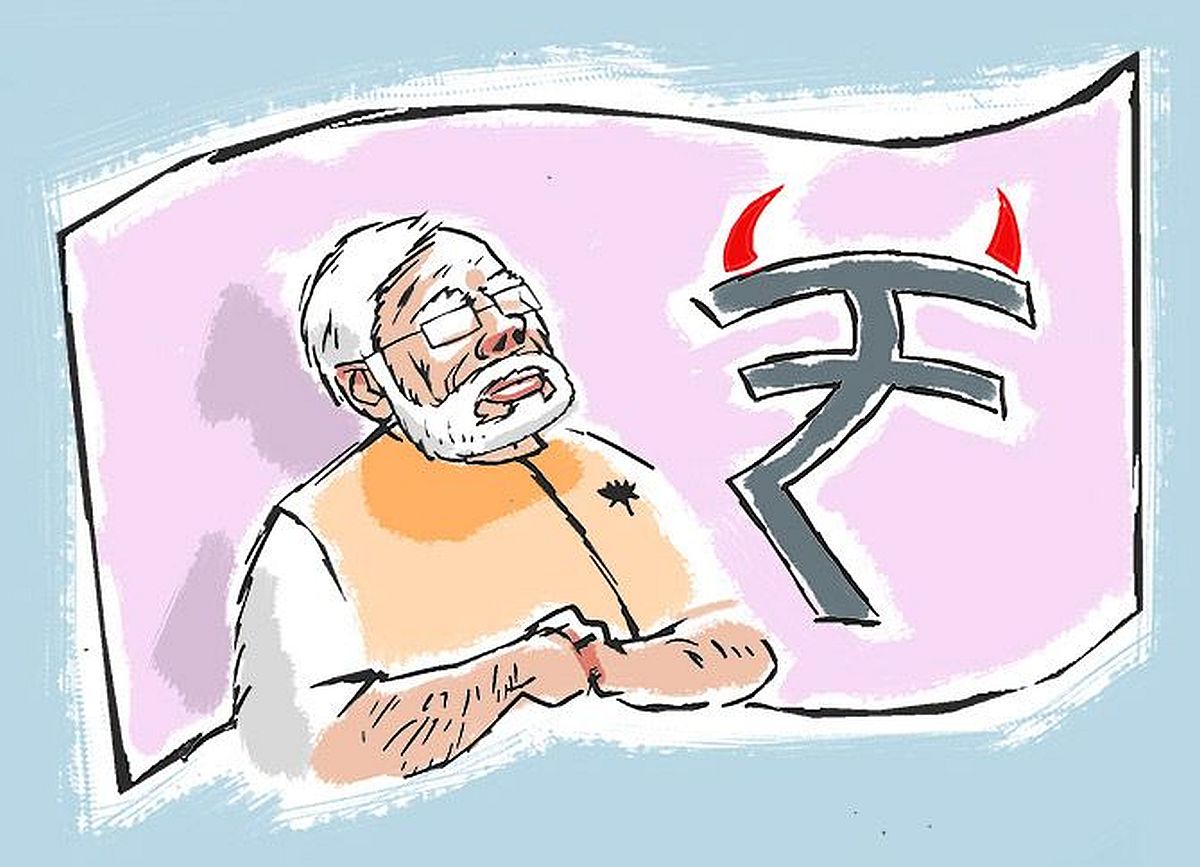
Illustration: Dominic Xavier/Rediff.com
Bangkok, Jul 16 (AP) Thailand's prime minister has said that eligible businesses and individuals can register from August for digital cash handouts, a controversial programme that will cost billions of dollars and is meant to boost the lagging economy.
The government announced in April the widely criticised ambitious plan, named the Digital Wallet, meant to give 10,000 baht (about $275) to 50 million citizens in digital money to spend at local businesses.
Prime Minister Srettha Thavisin posted on the social platform X on Monday, saying the registration will begin Aug 1 and that he has given instructions to ensure the smooth implementation of the program.
The Digital Wallet was a major campaign promise of the ruling Srettha's Pheu Thai party ahead of last year's general election. The government says that this scheme will cause an economic tornado, and Srettha has said the stimulus and subsequent consumption are expected to boost gross domestic product growth by 1.2 to 1.6 percentage points.
However, economists have criticised the programme, calling it an ineffective way to contribute to sustainable economic growth compared to other measures.
In addition, its financing has faced several hurdles, delaying its planned implementation. At first, the government said the state Bank for Agriculture and Agricultural Cooperatives would cover some of the funding needed. However, after warnings by financial experts, it was announced that the project's funding would come out of the 2024 and 2025 fiscal budgets.
Deputy Minister of Finance Julapan Amornvivat said at a news conference on Monday the budgetary funding became possible after the plan's estimated cost dropped from 500 billion baht ($13.8 billion) to 450 billion baht ($12.4 billion), asserting that all estimated 50 million people will still be part of the program as only up to 90% of those eligible utilised them in previous handouts.
Julapan added that the Digital Wallet committee has agreed to exclude tens of thousands of shop owners and cash recipients who have a record of committing fraud in past programmes.
The plan also has certain limitations, such as excluding certain goods that are yet to be decided, and earlier proposals suggested oil, services, and online purchases should be among them. Julapan said the Commerce Ministry would handle the exclusions set to be announced next week after the detailed plan is submitted to the Cabinet.
Thailand has in recent years suffered from a sluggish economy that appears to have deteriorated with no clear sign of growth. This month, the World Bank's Thailand Economic Monitor projected GDP growth of 2.4% for the year 2024.
The ruling Pheu Thai party had initially suggested digital wallet payments for all Thais 16 and older, but later this was limited to only lower-income Thais, defined as people with yearly incomes not exceeding 840,000 baht (about $23,000) and savings in financial institutions not totalling more than 500,000 baht ($13,700).
The government announced in April the widely criticised ambitious plan, named the Digital Wallet, meant to give 10,000 baht (about $275) to 50 million citizens in digital money to spend at local businesses.
Prime Minister Srettha Thavisin posted on the social platform X on Monday, saying the registration will begin Aug 1 and that he has given instructions to ensure the smooth implementation of the program.
The Digital Wallet was a major campaign promise of the ruling Srettha's Pheu Thai party ahead of last year's general election. The government says that this scheme will cause an economic tornado, and Srettha has said the stimulus and subsequent consumption are expected to boost gross domestic product growth by 1.2 to 1.6 percentage points.
However, economists have criticised the programme, calling it an ineffective way to contribute to sustainable economic growth compared to other measures.
In addition, its financing has faced several hurdles, delaying its planned implementation. At first, the government said the state Bank for Agriculture and Agricultural Cooperatives would cover some of the funding needed. However, after warnings by financial experts, it was announced that the project's funding would come out of the 2024 and 2025 fiscal budgets.
Deputy Minister of Finance Julapan Amornvivat said at a news conference on Monday the budgetary funding became possible after the plan's estimated cost dropped from 500 billion baht ($13.8 billion) to 450 billion baht ($12.4 billion), asserting that all estimated 50 million people will still be part of the program as only up to 90% of those eligible utilised them in previous handouts.
Julapan added that the Digital Wallet committee has agreed to exclude tens of thousands of shop owners and cash recipients who have a record of committing fraud in past programmes.
The plan also has certain limitations, such as excluding certain goods that are yet to be decided, and earlier proposals suggested oil, services, and online purchases should be among them. Julapan said the Commerce Ministry would handle the exclusions set to be announced next week after the detailed plan is submitted to the Cabinet.
Thailand has in recent years suffered from a sluggish economy that appears to have deteriorated with no clear sign of growth. This month, the World Bank's Thailand Economic Monitor projected GDP growth of 2.4% for the year 2024.
The ruling Pheu Thai party had initially suggested digital wallet payments for all Thais 16 and older, but later this was limited to only lower-income Thais, defined as people with yearly incomes not exceeding 840,000 baht (about $23,000) and savings in financial institutions not totalling more than 500,000 baht ($13,700).
Source: ASSOCIATED PRESS
DISCLAIMER - This article is from a syndicated feed. The original source is responsible for accuracy, views & content ownership. Views expressed may not reflect those of rediff.com India Limited.
You May Like To Read
MORE NEWS

India's Progress on SDGs: NITI Aayog Vice Chair...
India has made significant progress towards the Sustainable Development Goals (SDGs),...

Tesla RoboTaxi Unveiling Delayed: Musk Confirms...
Tesla CEO Elon Musk confirms a delay in the Aug 8 robotaxi unveiling event, citing a...

Vedanta Launches Rs 8,500-cr QIP at Rs...
Vedanta Ltd announces a qualified institutional placement (QIP) issue at a floor price...



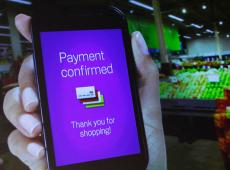

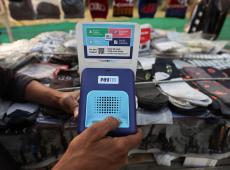




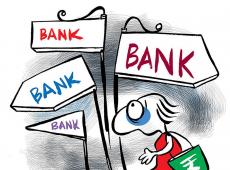
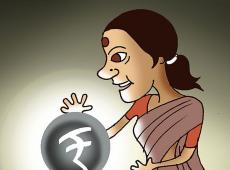
 © 2024 Rediff.com India Limited. All rights reserved.
© 2024 Rediff.com India Limited. All rights reserved.